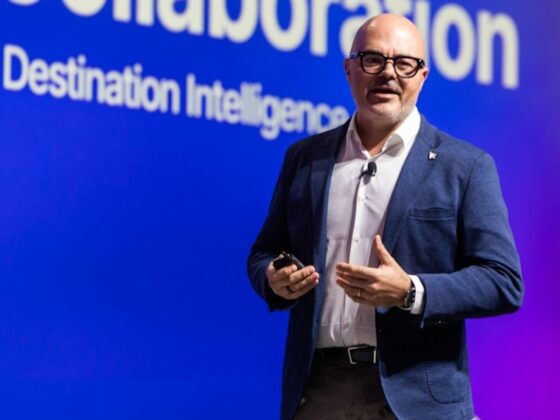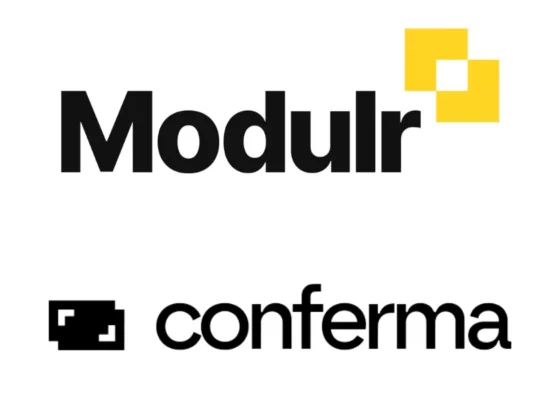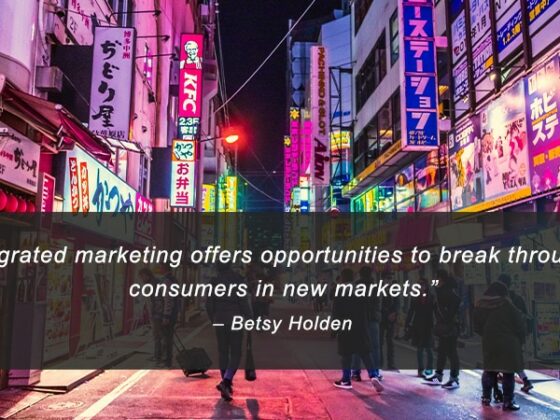Josiah:
Bashar Wali is one of the most recognized names in hospitality because he’s done it all as a leading operator, investor, and hotel branding expert that 180,000 people follow on LinkedIn alone. He’s also an outspoken advocate for the importance of hospitality experiences being led by people and for people. Today, we’re learning how he thinks about providing human-centric hospitality at scale through organizational culture.
Josiah: How would you define culture, organizational culture?
Bashar:
I wish I could answer that elegantly. I don’t have an elegant answer for it. I am a big fan of Simon Sinek and I think if you know the sort of discover your why, exercise and understand why you’re doing what you’re doing not how, not where, not when, but why do you do what you do? And people say, profit will sure do good work and profit will come right. So it’s not money or profit. Once you understand what your goal is and are able to convey that message through the organization and through that culture air quotes again of the organization I think that’s the win. This is not about training. Training to me again is table stakes. I can train a robot, I can train a monkey, but I can’t teach emotional intelligence to either one of those. Yet. I’m not saying never. Maybe robots will have empathy and emotional intelligence. I think training again is important, but I think it really is a cultural movement within the company. And if I could tell you how to do it exactly, give you a checklist, I wouldn’t be talking to you right now. I’d be hanging out on my yacht in the south of France. I think the fish stinks from the head, as it were. You’ve got to practice what you preach. You’ve got to keep preaching it. It’s almost like listen, I’m not very religious, but it’s religion. I mean, religion is about conviction. You want people to have conviction in what they do, because if you really just want a job, hospitality is a terrible job. Kids don’t do it. It is a terrible job. You work nights and weekends and get paid shit. But if you love it and want to excel in it and are willing to pay your dues, you’ll get there. But it has to be a passion, it’s not just a job. And I think once you manage to accomplish that goal, then the rest is easy, because then people really care. And back to my earlier quote about being hospitable and wanting to sort of treat someone like their family, without quizzing them about who they are, where they’re coming from. I think that’s fundamentally all boils down, in my opinion, to that quote.
Josiah:
Okay, quick side note here: Bashar is referring to something we shared in a prior episode that I’ll link to in the show notes.
Bashar:
I grew up in the Middle East and I have this great saying that to me is here’s your Cornell master’s degree in hospitality for free, in 20 seconds. When a stranger shows up at your door, feed him for three days before you ask him who he is, where he’s from and where he’s going to, Because by then he’ll either have the strength to answer or you’ll be such good friends it won’t matter. Literally, that is hospitality.
Josiah:
Alright. Now with that context, back to our conversation with Bashar.
Bashar:
If you understand the meaning of that quote and can live by it, that’s the culture you want to create, because then it’s a culture of care and empathy and really understanding what people want and giving them what they want through service, not services. Two different and clear, just clearly distinctive things. Service, not services. Service should be a verb, not a noun. We use it as a noun, like service is something actionable you do and you work on, and it’s not serve, because serve has a negative content to it. I think of the word service, which is a bit more emotional, centric. It is a noun. Use it as a verb in that context.
Josiah:
Fascinating. How do you help someone else see the light and get that conviction? Because, as a founder, you’re talking to a lot of people, you’re seeing a lot of things. It’s hard to share that with others. How have you done this with your businesses, your hotels, in the past?
Bashar:
I’ve never left a meeting whether it’s with peers, superiors, people that work with us, for us, around us I’ve never left a meeting where someone said they may say dumb, ego, doesn’t know what he’s talking about, they may say any of those things, but never have I ever left a meeting once where someone didn’t say man, that guy’s passionate about this shit, he’s crazy. So I think that resonates and people really appreciate and value people that have passion about what they do. Like it or not, agree or not, it doesn’t matter. So to me that has been always something that’s hard to fake. And, by the way, think about this for a minute. I always talk about this. Most, not all most hotel brands we admire have a person in the front. It’s not a big black hole. We don’t like Joi de Vivre for Joi de Vivre. We like and love Chip Conley. We don’t like Bunkhouse Hotels. We like Liz Lambert. We don’t like Standard Hotels. We like André Balazs. And on and on and on and on. The reason we loved them was they resonated so much, not because they were rockstars. Bill Kimpton was not a rockstar, he’s a Wall Street guy, right but because they were passionate about what they do. Bill Marriott was passionate about what he did. So, at the end of the day, I think it really is the passion for this industry that sets you apart. That then helps you transcend this message, whether it’s to partners, owners, or people who work for you. So it’s very hard to do business with a big corporate black hole machine. I use this example often with Airbnb. I think the genius of Airbnb is when I go to book a room, a house, whatever, I have a host, I have a human at the very beginning of the transaction. It’s never Airbnb. I’m not dealing with Airbnb, I’m dealing with the host, and I think humanizing the experience is what makes it so much more intimate and personal, rather than me going to this black hole web portal where I’m going to get lost.






